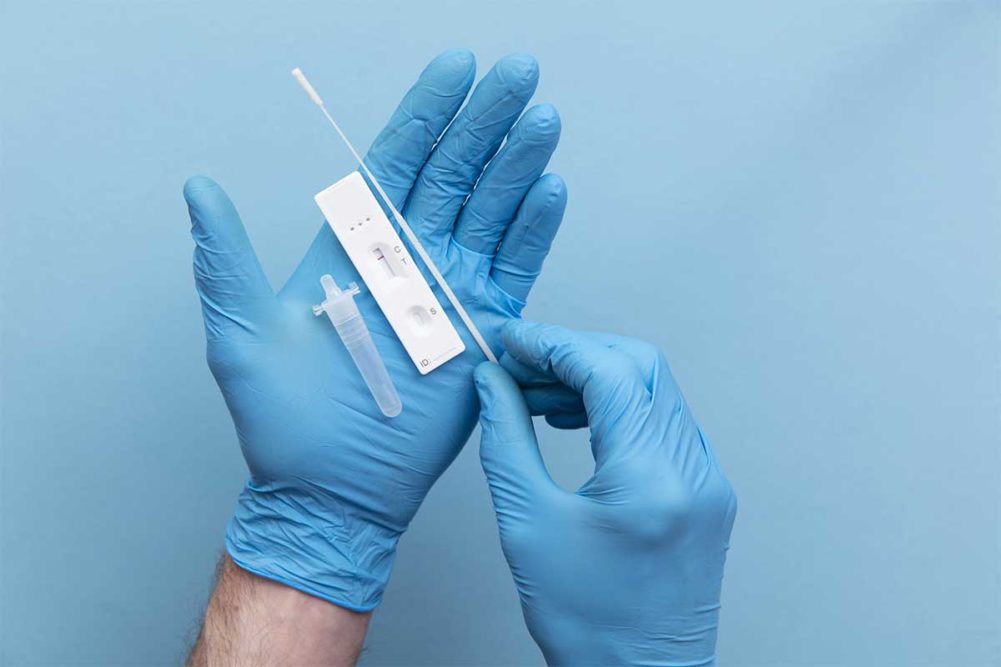WASHINGTON — The American Bakers Association (ABA) hosted a webinar to answer questions and provide guidance to testing employees for the coronavirus in light of the government’s updated approach to curbing the coronavirus (COVID-19) pandemic.
The webinar “Creating simple, cost-effective COVID-19 testing protocols in US workplaces” addressed President Joe Biden’s COVID-19 Action Plan. As part of these new measures, the Department of Labor’s Occupational Safety and Health Administration (OSHA) is developing a rule that will require all employers with 100 or more employees to ensure their workforce is fully vaccinated or require any workers who remain unvaccinated to produce a negative test result on at least a weekly basis before coming to work.
The webinar featured guests from both the Rapid Action Consortium (RAC), a group of private sector organizations, non-profits, academics and scientists working together to reduce the cost and complexity associated with rapid testing in the United States, and Montreal-based Lallemand, a developer, producer and marketer of yeast, bacteria and specialty ingredients.
The consortium initially launched in Canada in February 2021 before expanding to include the United States in June. Katia Fox, vice president of global operations at Genpact, New York, said RAC currently includes 25 pilot sites and has performed more than 23,000 antigen COVID-19 tests in North America.
RAC’s rapid testing program recommends antigen tests over polymerase chain reaction (PCR) tests because they are quicker, cheaper and easier to distribute, Ms. Fox said.
Lallemand began its rapid testing program in Canada in March of this year; its mandated US testing program launched in August.
Audrey St. Onge, president and chief executive officer of Lallemand’s North American Bakers Yeast business, said the benefits outweigh the negatives.
“The testing program allows us to add another layer of protection while also managing any potential outbreak,” Ms. St. Onge said. “Ultimately, it provides our workers with a safe workspace.
“We did face a couple of challenges. One of which was employee buy-in. We just had to sit people down and listen to their concerns and explain the benefits. People eventually came around. One of the advantages is that the tests are quick and easy to use — the wait time for one test is 15 minutes.”
The other challenge? Like most any other industry in 2021, supply chain disruptions continue to be an issue, this time impacting the availability of the tests themselves.
And that’s where RAC’s members have an advantage.
“The consortium benefits from its membership,” Ms. Fox explained. “We are all dealing with supply chain issues, but the bigger we become, the more bargaining power we have. We have a strong network of connections.”
Membership to RAC is free, although companies must meet certain criteria, including a “pay it forward” campaign to support current and future participating organizations. More information may be found at www.covidcollaborative.us/rapid-action-consortium.





